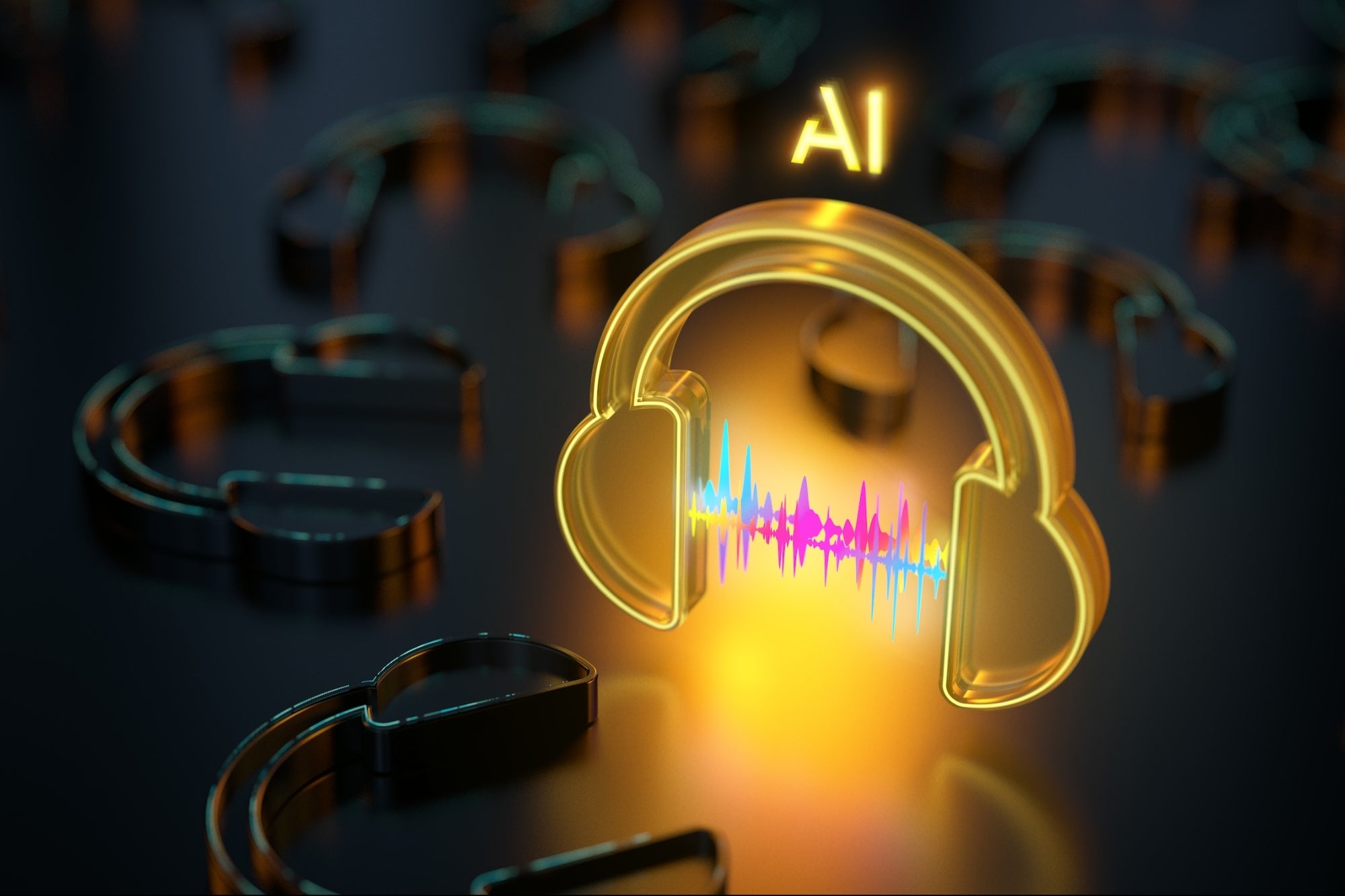
Since AI can take a written command and create an image, movie, or song within seconds, the process can seem almost magical at first glance.
Yet there are key legal issues that persist underneath the shine. Does the company behind the AI model have permission to use the work of numerous human artists, writers, and musicians without compensating them? Are they allowed to use copyrighted work? These questions are at the heart of yet another legal AI tussle on what companies can and can’t use to train new AI models.
Major record companies, including Sony Music, Universal Music Group (UMG), and Warner Records, joined together to file two landmark cases on Monday, one against Microsoft-partnered Suno and the other against Andreessen Horowitz-backed Udio.
Both startups use AI to turn written prompts from users into songs.
The case against Suno, filed in the U.S. District Court for the District of Massachusetts, accused the AI company of using copyrighted music to train its AI model, and then charging a monthly fee for imitated sound.
“Like any other market participant, Suno cannot reproduce copyrighted works for a commercial purpose without permission,” the filing stated.
Suno has the potential to overpower the music market with AI-generated music, according to the filing. The company already has over 10 million users and some tracks have more than 2 million plays.
Per the filing, music from Suno directly competes with human music on public streaming platforms. The AI startup allegedly did not ask the human artists behind the music for permission to use the work and did not credit or compensate them, either.
The record labels asserted that without legal constraints, AI-generated music could replace, “rather than support, genuine human creativity.”
Udio faced identical complaints in a case filed by the same record companies in the U.S. District Court for the Southern District of New York.
Udio “is already reportedly churning out 10 music files per second, which equals 864,000 files per day” or more than six million files per week, per the filing.
The record companies seek up to $150,000 for each copyright-infringed work from Suno and Udio.
Related: Tennessee Passes Law Protecting Musicians From AI Deepfakes
Suno and Udio are relatively small AI startups compared to bigger players, like the $80 billion ChatGPT-maker OpenAI. Suno is valued at $500 million and Udio launched in April with $10 million in seed funding.
However, the issue of what constitutes acceptable AI training data extends beyond the two companies.
In April, an insider report revealed that OpenAI and Google may have used YouTube videos created by human beings to train their AI models. None of the people behind the videos received credit or compensation for their contributions.
Related: OpenAI Can Now Access Financial Times Articles to Train AI
On the other side, Andreessen Horowitz argued in October that using copyrighted material to train AI models is fair use.
“The reason they do not infringe copyright is that this copying is in service of a non-exploitive purpose: to extract information from the works and put that information to use,” the venture capital firm wrote.
Putting a cost or copyright liability on tech companies would shut out small startups and cost the U.S. AI innovation, Andreessen Horowitz stated.
Related: Hugging Face CEO Says More AI Entrepreneurs Are Looking to Be Acquired
https://www.entrepreneur.com/business-news/sony-umg-warner-sue-ai-song-generators-suno-udio/476116

